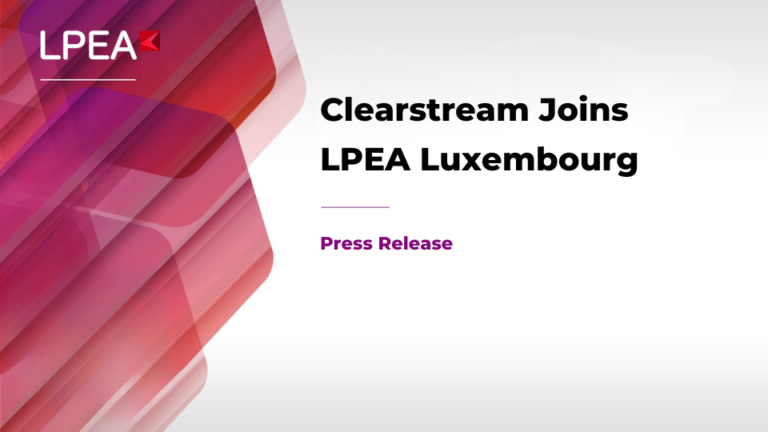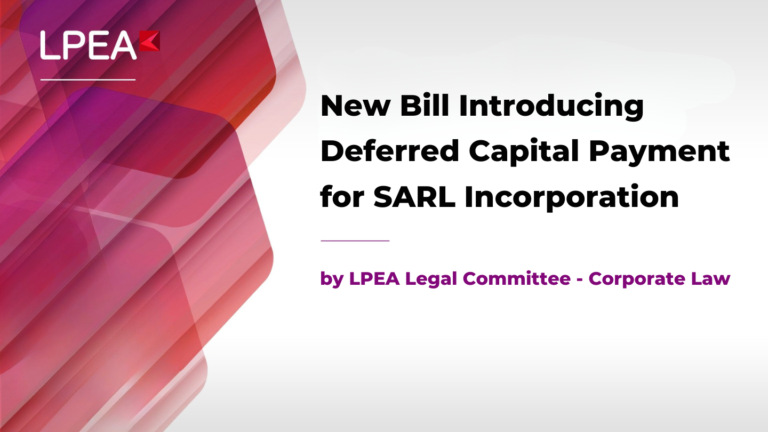By Véronique Trausch, Partner and, Dr. Ion Florescu, Co-CEO and Founder at FinDeal as published in Insight Out #30.
The Impact of Brexit
London has long served as the focal point for alternative fund managers in Europe, drawing not only UK-based firms but also attracting significant numbers of US and Asian managers. Additionally, many European managers maintained offices in London. However, with Brexit, London’s status as a gateway to Europe was compromised as EU passporting privileges were revoked. This not only affected funds domiciled in the UK but also had repercussions for alternative fund managers and their investor relations teams, the majority of which were based in London.
Third-party Alternative Investment Fund Managers (AIFMs), primarily located in Luxembourg and Dublin, provided a workaround, enabling managers to continue issuing EU funds while keeping portfolio managers in London or elsewhere, such as the US. However, there was no straightforward solution for investor relations teams, which, like portfolio managers, were hesitant to relocate from London.
Options for Non-EU Managers:
- Establishing a proprietary AIFM in the EU: While offering comprehensive control over the value chain, this option is time-consuming and costly to set up. It also requires persuading members of the sales team based in London to relocate to Luxembourg or Dublin or hiring new staff all toghether. Only a few firms have managed this successfully.
- Creating a MiFID firm in the EU: This option offers few advantages over the previous one, with a lengthy time to market and high ongoing costs.
- Utilizing reversed solicitation: Reversed solicitation has been for a long time the preferred marketing route of many US fund managers with their Delaware or Cayman funds as well as for managers in other parts of the world. A fully legal option, as long investors contact the fund directly without prior information from the manager. The regulators are increasingly skeptical of reversed solicitation’s authenticity and questionning its heavy usage. This skepticism is evidenced by closing the reversed solicitation route when new pre-marketing has been initiated.
- Engaging placement agents: While historically important in distributing alternative funds, placement agents charge high fees (often up to 2% of capital raised, plus a retainer) for bringing in new investors, a service that may overlap with existing investor relationships maintained by the investor relations team. Why pay high fees for investors which have already invested with the manager.
- Employing tied agents and chaperoning: After Brexit, these solutions were considered, until recently, optimal for managing EU distribution, but neither has proven capable of facilitating seamless distribution.
- Tied agents: MiFID firms operating under the tied agent model, particularly those based in Malta, have faced resistance from EU regulators and are under scrutiny including from ESMA.
- Chaperoning: Chaperoning has been slightly more successful and is offered mainly by third party AIFM. But it does not seem to satisfy the London based investor relationship teams. The biggest downside of chaperoning is that it is not an option for many investor contacts. Furthermore, it is expensive when the fund raising last over 6 months, as has been the case in recent years.
Emerging Trends
- Many managers are still “ignoring the issue” and continue their fundraising activities as before Brexit, relying on the London-based sales teams. This is a risky approach in an increasingly regulated market.
- Larger fund managers have opted to establish appropriately licensed entities in the EU and recrute or move investor relations teams to major European cities, though this solution is complex and costly for smaller firms.
- Some firms persist with reverse solicitation, but the risks, including potential legal repercussions, like mis-selling, from investors, make this approach more and more perilous.
- Distribution as a service is a new trend. Distribution as a service is the use of MIFID firm to address existing investors of a fund manager and provide them with the necessary information and fund documentation. The main difference with placement agents is that distribution as a service is that the fees are not calculated on the AUM placed but on fixed monthly fees for the duration of the placement and therefore less onerous. Distribution as a service could become a valid alternative for non-EU managers with an existing European investor base.
In conclusion, it is evident that distributing alternative funds to institutional investors has historically not been a primary focus for European regulators, but this is changing. The introduction of the new pre-marketing directive signals increased regulatory attention to institutional placement, which poses a significant challenge for non-EU managers.
Obviously, there is no perfect solution. But the emerging trends seen in the market should be looked at to ensure efficient and compliant distribution.




